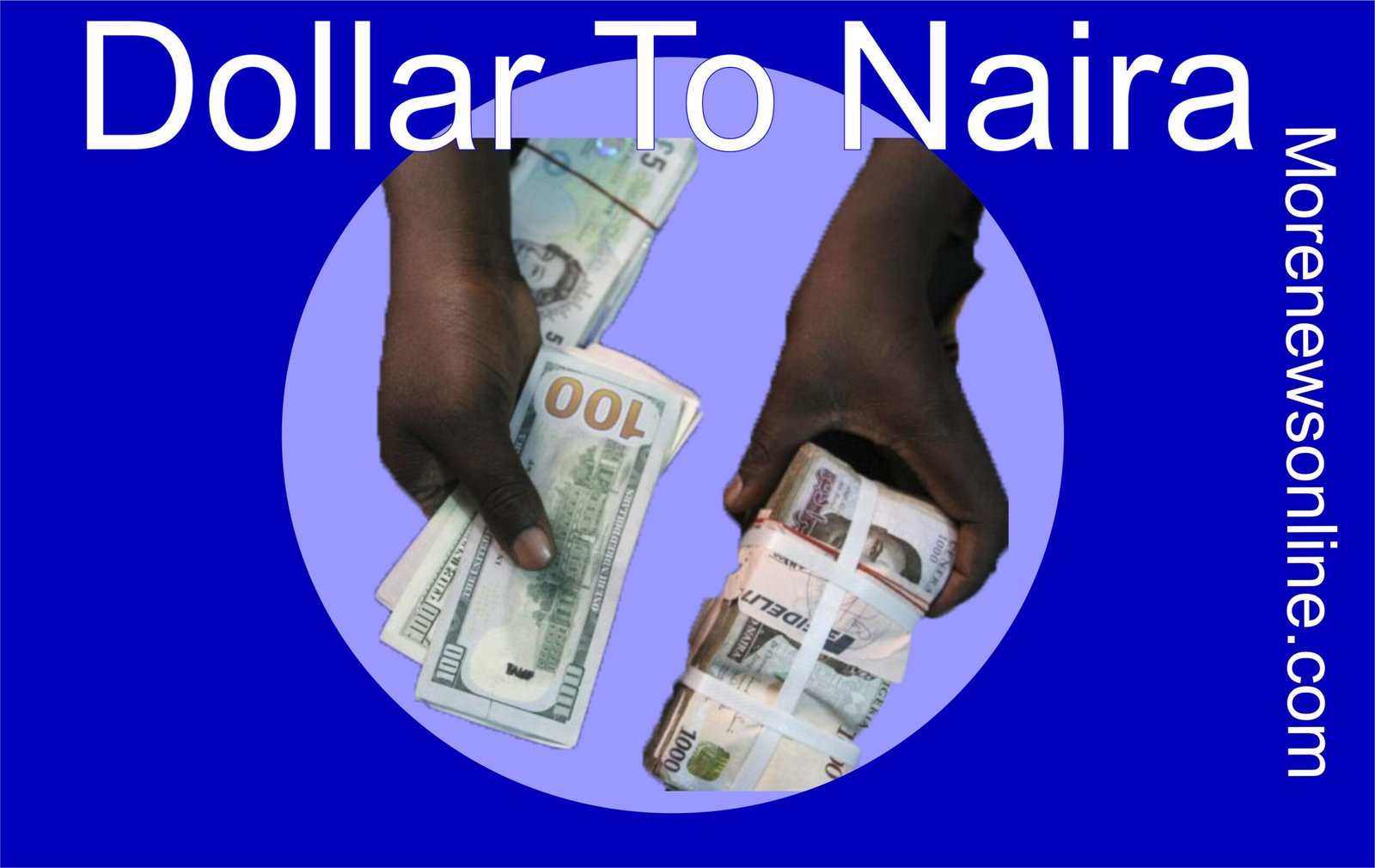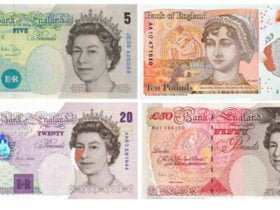As of September 20, 2024, the black market exchange rate for the US Dollar (USD) to Nigerian Naira (NGN) was approximately ₦1,640 per $1. This rate reflects the ongoing volatility in Nigeria’s parallel currency market, influenced by factors such as foreign exchange demand, inflation, and economic policies.
Black Market Exchange Rate September 20, 2024
Exchange Rate: ₦1,640 per $1
Market Context: The black market rate often differs from the official Central Bank of Nigeria (CBN) rate due to factors like limited access to official forex channels and high demand for foreign currency.
Related Article: Dollar to Naira Black Market Exchange Rate Today – 6th November 2022
Frequently Asked Questions (FAQs)
What was the official USD to NGN exchange rate on September 20, 2024?
The official exchange rate provided by the Central Bank of Nigeria (CBN) on that date was approximately ₦1,628.87 per $1. Exchange Rates
Why is there a difference between the black market and official exchange rates?
The disparity arises due to factors such as limited access to official forex channels, high demand for foreign currency, and economic policies that affect the availability of USD in the official market.
Is it legal to trade currency on the black market in Nigeria?
No, trading currency outside of authorized financial institutions is illegal in Nigeria. However, the black market persists due to challenges in accessing foreign currency through official channels.
How can I get the most accurate and up-to-date exchange rates?
For official rates, consult the Central Bank of Nigeria or authorized financial institutions. For black market rates, resources like NGN Rates or financial news outlets can provide current information.NgnRates+1NgnRates+1
What factors influence the black market exchange rate?
Several factors impact the black market rate, including:
Foreign Exchange Demand: High demand for USD can drive up the rate.
Inflation: Rising inflation can weaken the Naira, affecting exchange rates.
Economic Policies: Government policies on forex allocation and import restrictions can influence the availability of foreign currency.




Leave a Reply